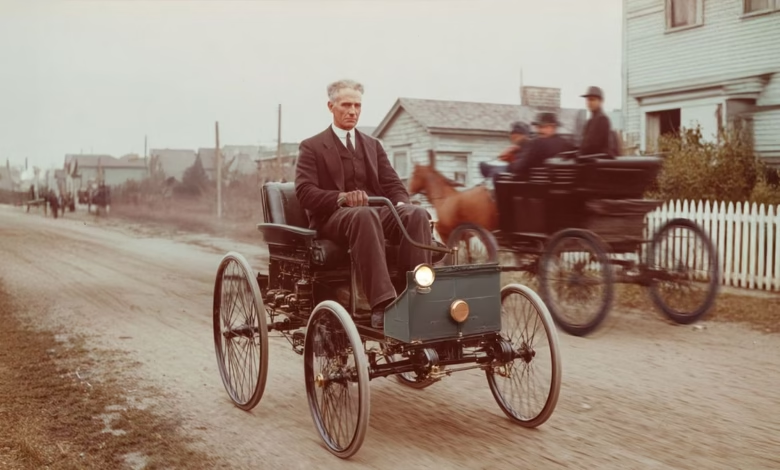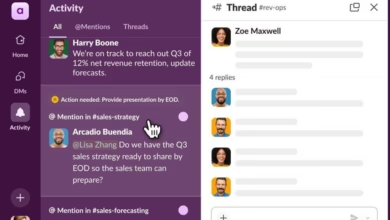Creativity Thrives Through Tech Shifts-GenAI Is the Next Step

▼ Summary
– The author recalls the labor-intensive 1990s ad creation process involving hand-drawn layouts, airbrushing, and manual typesetting.
– Digital tools like Photoshop and CorelDraw revolutionized creativity, making the process faster and eliminating outdated roles like airbrush artists.
– Technological advancements in advertising didn’t ruin creativity but expanded opportunities for more creators to express themselves.
– Generative AI, like past innovations, won’t destroy jobs or creativity but will democratize access to tools once limited to large agencies.
– The author argues AI levels the playing field, allowing highly creative individuals to compete with established industry players.
Creativity has always evolved alongside technology, and the rise of generative AI is no exception. Remember the days when advertising layouts were painstakingly hand-drawn, airbrushed, and typeset letter by letter? Those labor-intensive processes seem archaic now, replaced by digital tools that revolutionized the industry. Yet, rather than stifling creativity, these advancements empowered more people to express themselves, and GenAI is poised to do the same.
Back in the ’90s, agencies relied on airbrush artists who spent hours mixing colors and cleaning equipment, while typesetters meticulously cut and pasted letters from magazines. A single layout could take days. Then came Photoshop, CorelDRAW, and digital cameras, tools that transformed workflows overnight. Did they kill creativity? Far from it. They democratized it, allowing more voices to enter the field without sacrificing quality.
Now, generative AI is sparking similar debates. Critics claim it will erase jobs or dilute creative standards, but history suggests otherwise. Technology doesn’t replace creativity, it amplifies it. Just as digital tools didn’t eliminate designers but instead expanded opportunities, AI won’t make human ingenuity obsolete. Instead, it levels the playing field, giving independent creators access to resources once reserved for big agencies.
The most talented will thrive, using AI to push boundaries rather than relying on it as a crutch. This isn’t the end of creativity, it’s a new chapter where innovation meets imagination, and those who adapt will lead the charge. The revolution isn’t coming; it’s already here.
(Source: afaqs!)

